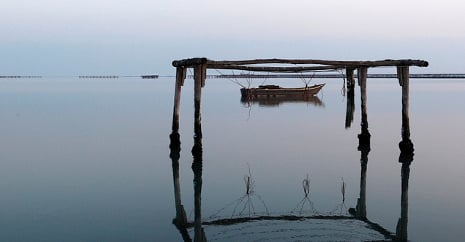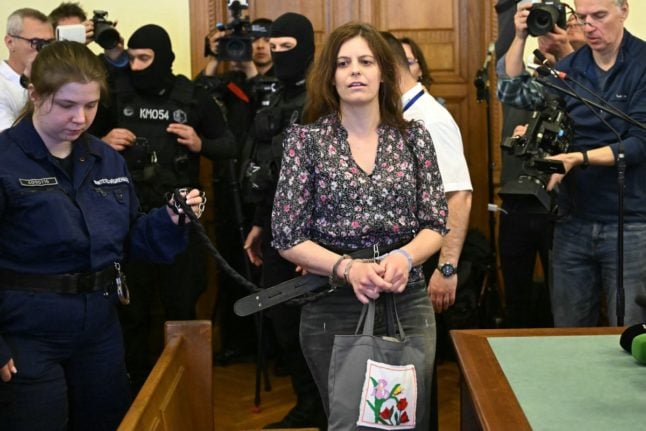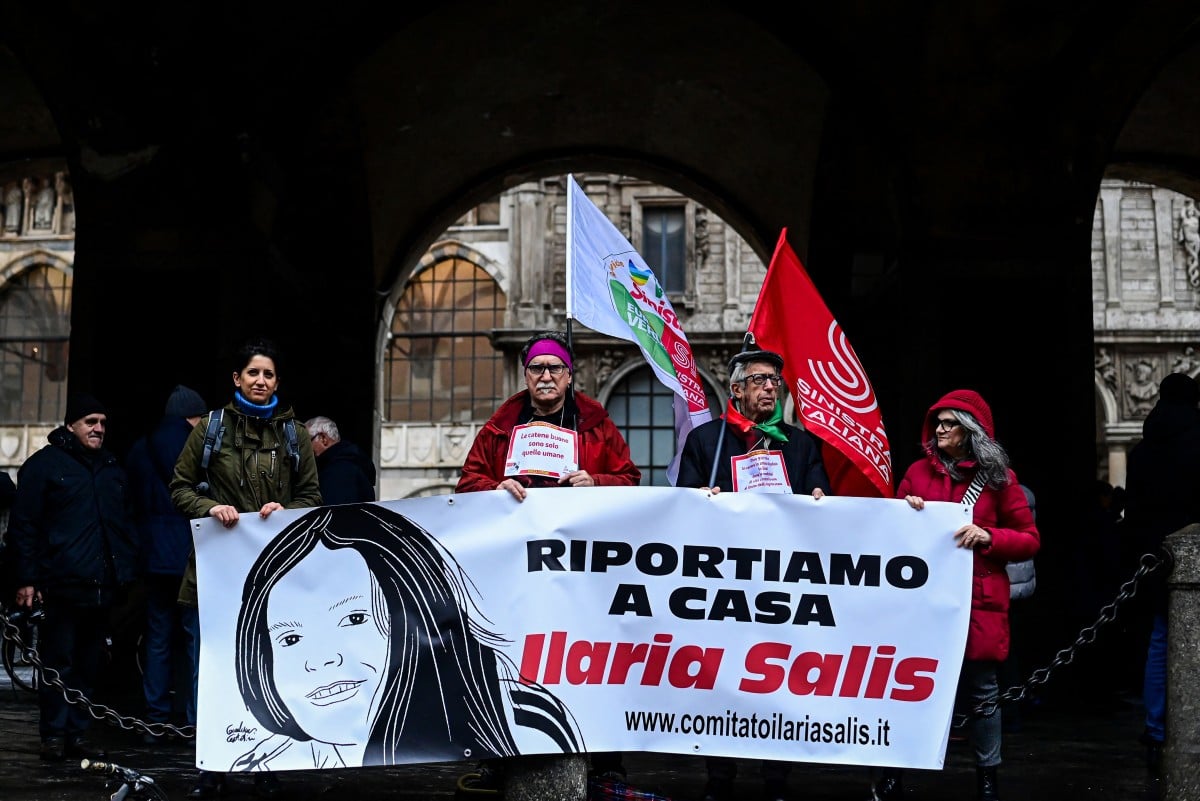Italian media said the 73-year-old man had been caring for the boy in Lendinara, Rovigo province, while his parents attended a conference about their son's medical condition.
It was the boy's uncle, a police officer, who discovered the child's wheelchair as he was jogging along the river close to the grandfather's home, according to the media reports.
Fearing the worst, he searched the area and found the two bodies, interlaced and floating on the surface of the river.
The local prosecutor had not yet decided whether to order an autopsy, said reports which described the tragedy as a murder-suicide driven by the grandfather's distress over the boy's health.




 Please whitelist us to continue reading.
Please whitelist us to continue reading.
Member comments